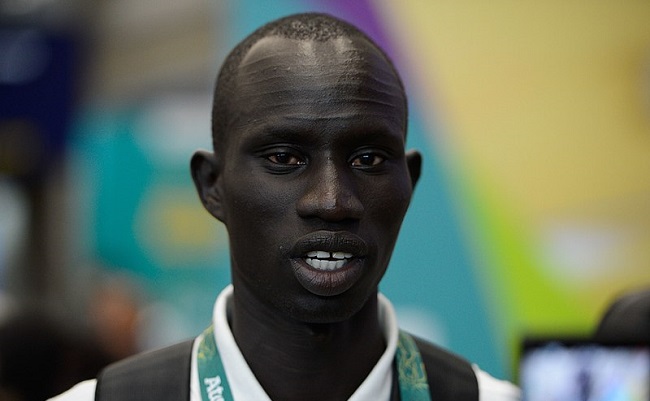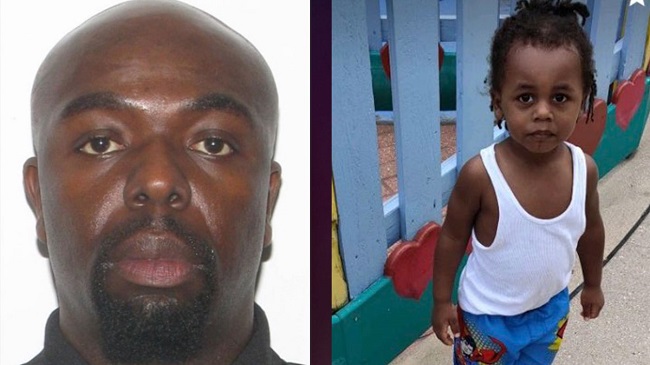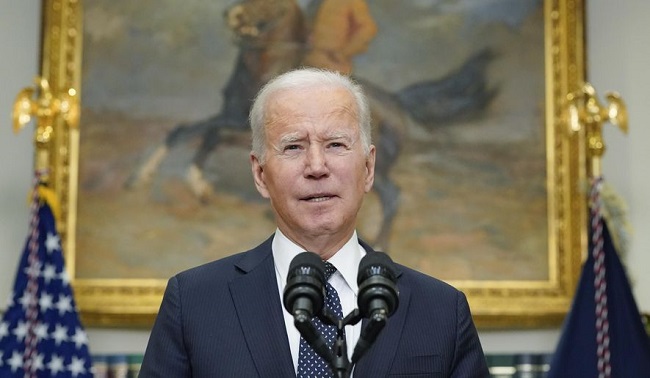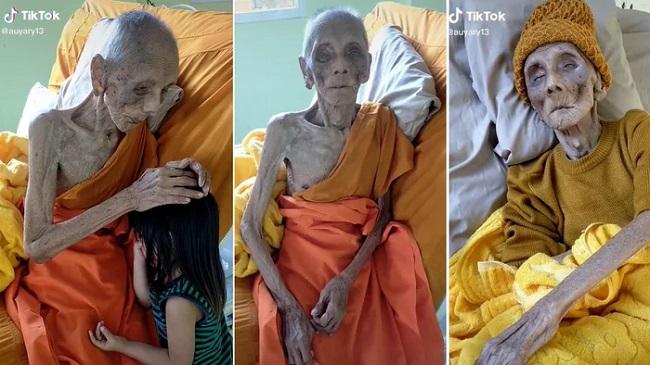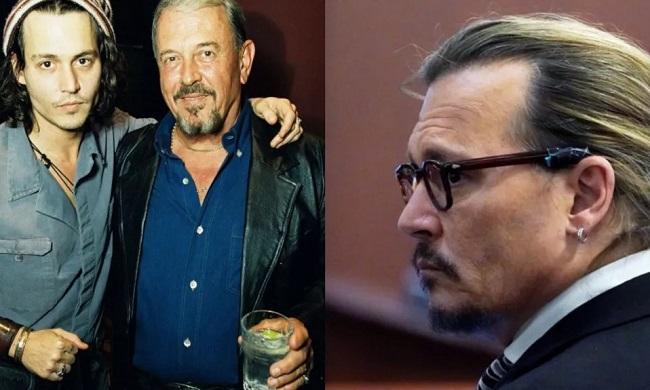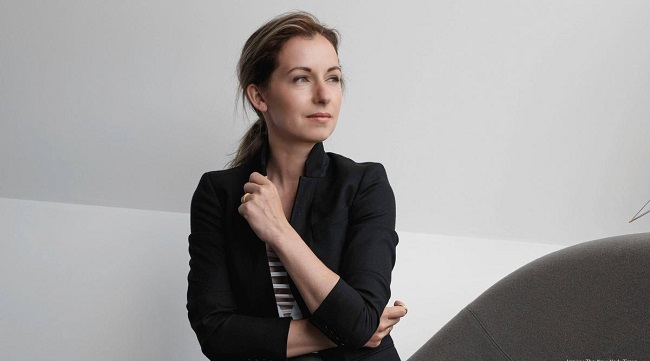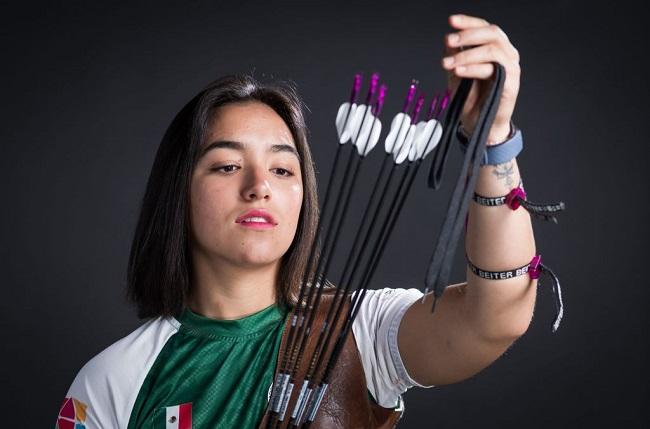John Rael, a volunteer track coach in Taos, New Mexico, was on trial for the alleged rape of a 14-year-old girl in 2018. His defence attorney made a curious request during the trial.
He hoped the judge would accept results from Rael’s “EyeDetect” lie detector exam, which is based on her eye movements.
The judge agreed, and 5 of the 12 jurors ultimately decided not to return a guilty verdict. The judge decided to call a new trial.
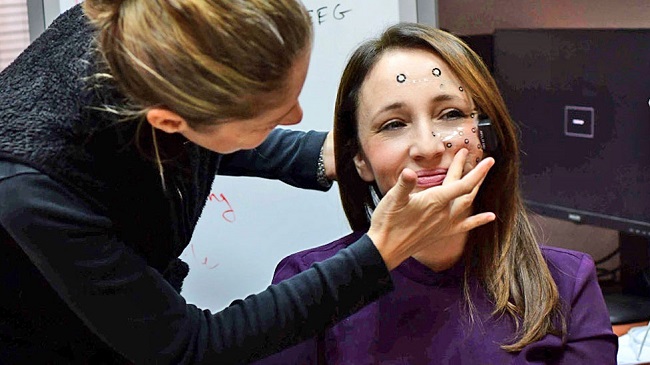
Converus, based out of Utah, is the firm behind EyeDetect. The company’s YouTube page says, “Imagine if you could exonerate the innocent and identify the liars… merely by looking into their eyes.”
In this case, “Well, now you can!” Its CEO, Todd Mickelsen, claims they’ve created a more accurate method of truth detection than the antiquated and widely discredited polygraph.
EyeDetect has been criticised for being little more than a polygraph dressed up in algorithmic garb.
Read Also:
They contend that human truth-telling is too nuanced for any data set, hence the machine can’t possibly deliver on its promises.
Moreover, they are concerned that putting too much stock in it may result in disastrous consequences, such as unfairly punishing the innocent or covering up the guilt of the guilty.
Other Public Officials Have Also Been Persuaded
Multiple government officials have been won over. Tucson’s fire department now employs EyeDetect as part of their hiring process.
Converus claims that the equipment is also used by police enforcement and prison facilities in places like Idaho, New Hampshire, Washington, Utah, Ohio, and Connecticut.
Lawyers defending Jerrod Baum, who is on trial for the murder of two teenagers in Utah, have asked the judge to let them utilise EyeDetect.
It appeared that the jury in the Rael case would be cooperative as well. (The defendant subsequently entered a guilty plea and was sentenced to four years of probation instead of jail time.)
Read Also:
- What Character Did Jossara Jinaro Play on ER
- Who is the IG Model Suing and What’s Her Controversy With the Rapper Drake?
Conclusion
Peter Rosenfeld, emeritus professor at Northwestern University, advocated for the P300 guilty-knowledge test and claimed that brain waves were the future of truth detection.
Henry Greely, a professor at Stanford Law School and one of the foremost authorities on the intersection of technology and the law.
Has given it his preliminary endorsement after it was the topic of more than a dozen positive, outside journal articles.
The use of an electroencephalogram (EEG), which is both accessible and affordable, is a key benefit.











